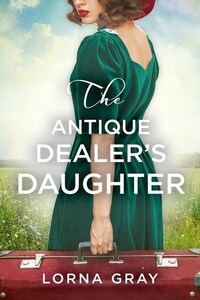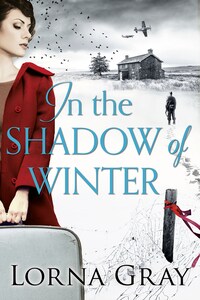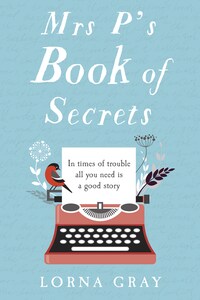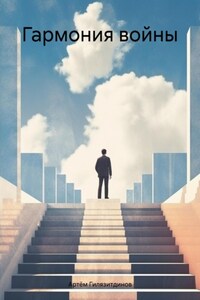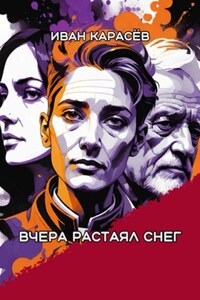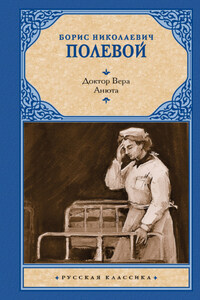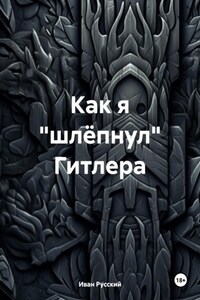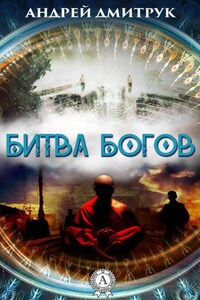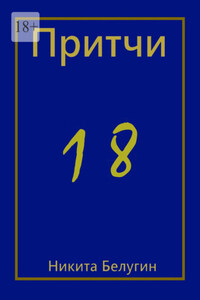HarperImpulse
an imprint of HarperCollinsPublishers Ltd
1 London Bridge Street
London SE1 9GF
www.harpercollins.co.uk
First published in Great Britain by HarperImpulse 2018
Copyright © Lorna Gray 2018
Cover photographs © Shutterstock.com
Cover design by Ellie Game © HarperCollinsPublishers Ltd 2018
Lorna Gray asserts the moral right to be identified as the author of this work.
A catalogue copy of this book is available from the British Library.
This novel is entirely a work of fiction. The names, characters and incidents portrayed in it are the work of the author’s imagination. Any resemblance to actual persons, living or dead, events or localities is entirely coincidental.
All rights reserved under International and Pan-American Copyright Conventions. By payment of the required fees, you have been granted the non-exclusive, non-transferable right to access and read the text of this e-book on screen. No part of this text may be reproduced, transmitted, down-loaded, decompiled, reverse engineered, or stored in or introduced into any information storage and retrieval system, in any form or by any means, whether electronic or mechanical, now known or hereinafter invented, without the express written permission of HarperCollins.
Source ISBN: 9780008279592
Ebook Edition © July 2018 ISBN: 9780008279585
Version: 2018-06-08
I have been taught that I must appreciate the origin of a thing before I can truly understand its meaning. This is because my father has a passion for antiques and he is a man obsessed by the written record, the provenance that proves where an item began its life and charts its path through time. For him, provenance does more than add value to a precious object by declaring it to be a genuine relic from some notable moment in history. It ties him to long-gone human lives. It gives him a chance to touch what they have touched and take their stories as his own.
Very well – put in those terms, the provenance of my story is this: I grew up in London and my teenage years were an unspeakable mess of war. I belong to that unheroic generation of girls who were too old to be evacuated with the smaller children but too young to lend my weight to the war effort. While older women were called up to save the nation by building aeroplanes or tilling the land or were generally being terribly useful in the WAAF or as a WREN, I did nothing very useful at all. If anyone has ever wondered who did the mundane work behind shop counters after those brave women went off to be busy elsewhere, the answer is that the ordinary, everyday work was fulfilled by girls like me.
At the age of fourteen I left a life of disrupted lessons in a dingy air-raid shelter for a daily journey to work in Knightsbridge. I watched through dirty bus windows as, day by day, the bold London landmarks that had charted my youth fell prey to the destructive power of the Blitz. And I did nothing.
Now, though, the war is over. The recent past has grown a little brighter; a little clearer. The whine that was once the sirens and dogfights of yesteryear has become, these days, really nothing more sinister than the shriek of black swifts that tumble playfully in summer skies. Although, even their cries have been silenced of late. This is because the little birds left about a week ago to pass onwards on their migration and their departure has been a fitting companion for the decision I made last Saturday. The one where I gave notice to my employer and decided that after two years of peace it was time to stop worrying that childhood had made me a passive witness to conflict. It was time I took my life off its war footing and found what hope this adult life could bring.
Unfortunately, before announcing this grand scheme to my parents, I really ought to have remembered that I am abysmally poor at speaking what I feel under pressure.
I know now what my father suspected. After all, I’ve already mentioned that my father believes that the key to everything lies in understanding the past. So if I’d hoped to get my parents to listen to what I really wanted to do with my future, I should have chosen an easier excuse than my determination to stop living each day like London in peacetime was just the same as war and always stifling.
It probably wouldn’t have made any difference anyway. My parents found it far more digestible to deduce that their young daughter had been made restless by the after-effects of an unfortunate romance. And since I couldn’t entirely refute it, the only compromise we could agree on was the exchange of this urban post-war stagnation for an altogether different kind of peace in the form of a long overdue visit to a spinster cousin in the timeless Cotswolds. My parents saw her as a usefully dithering older relation who would act out the time-worn part of a cautionary tale and save me from tripping into bitter independence. I thought my parents were mistaking me for someone else. My life so far had not exactly been renowned for its brave choices. The fact I’d let them argue me into coming here was proof enough of that, I should have thought.
